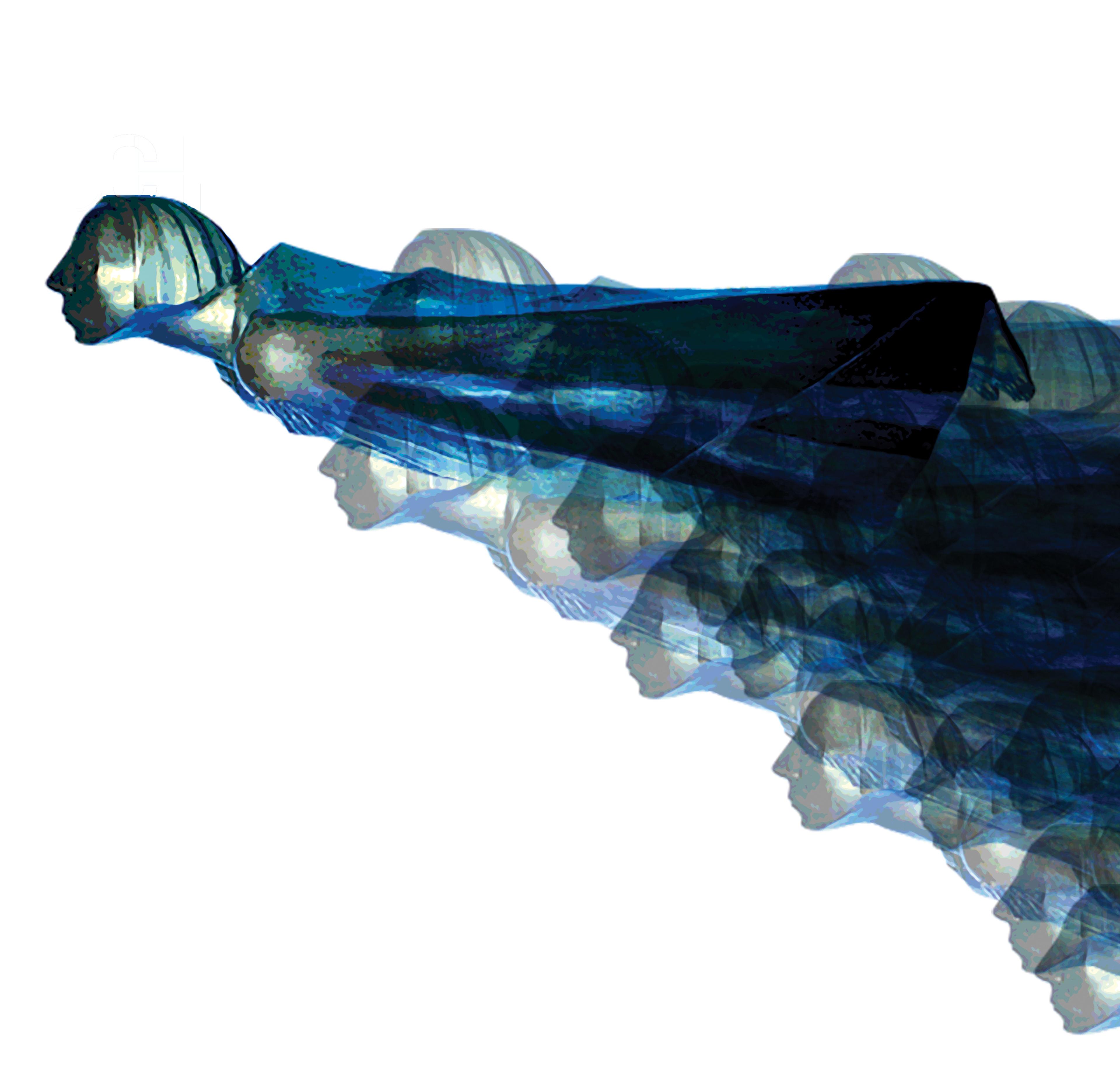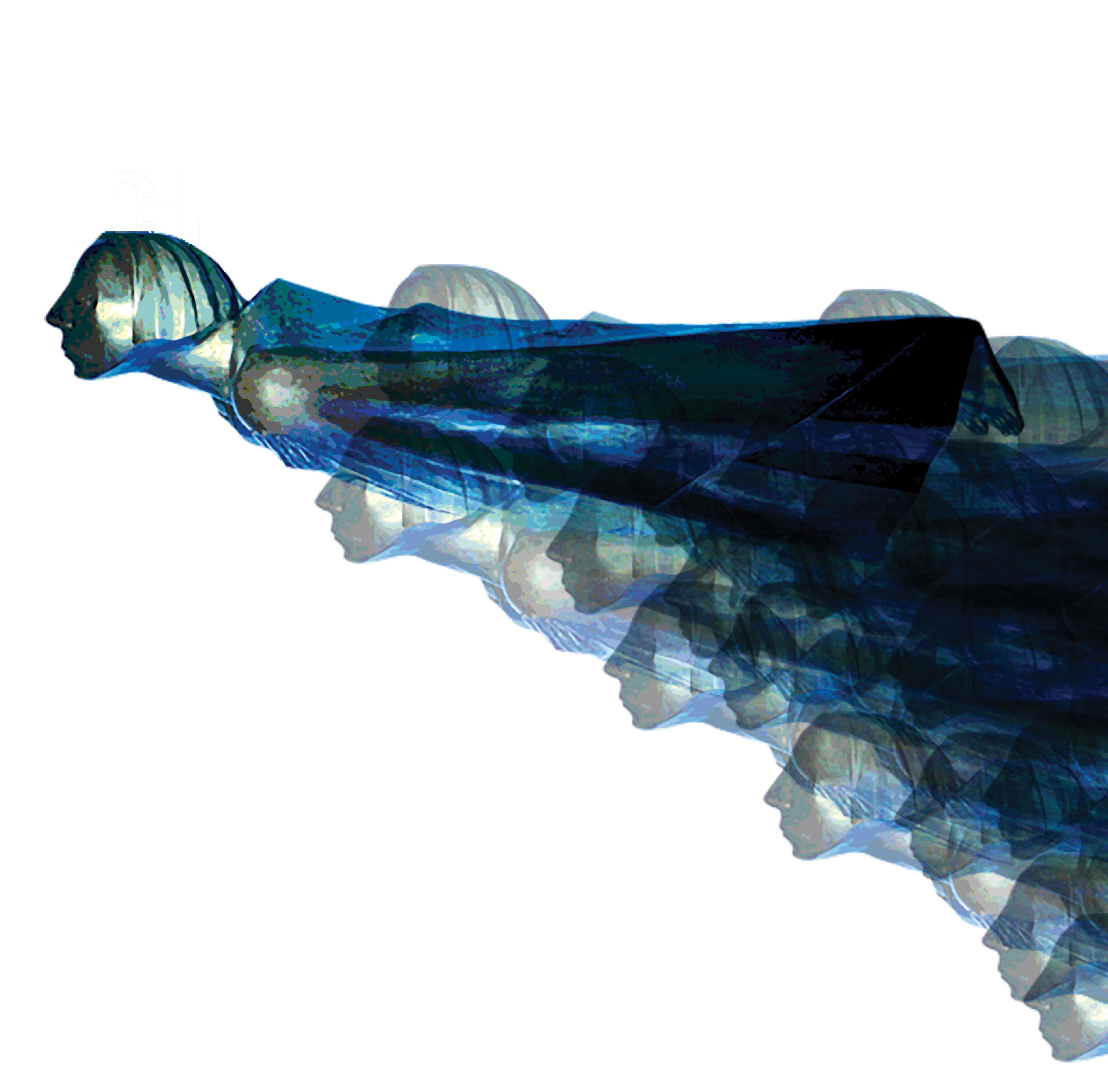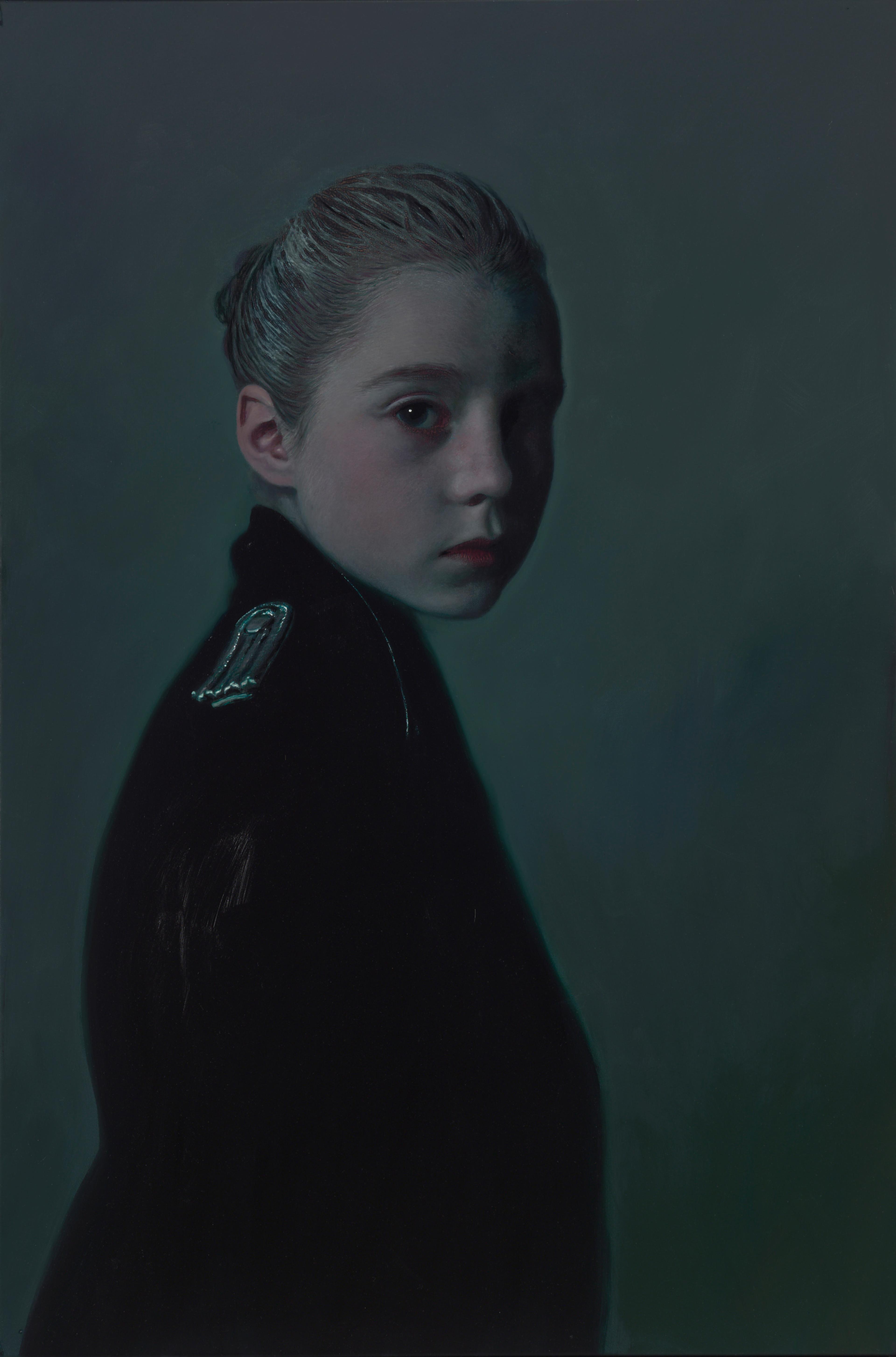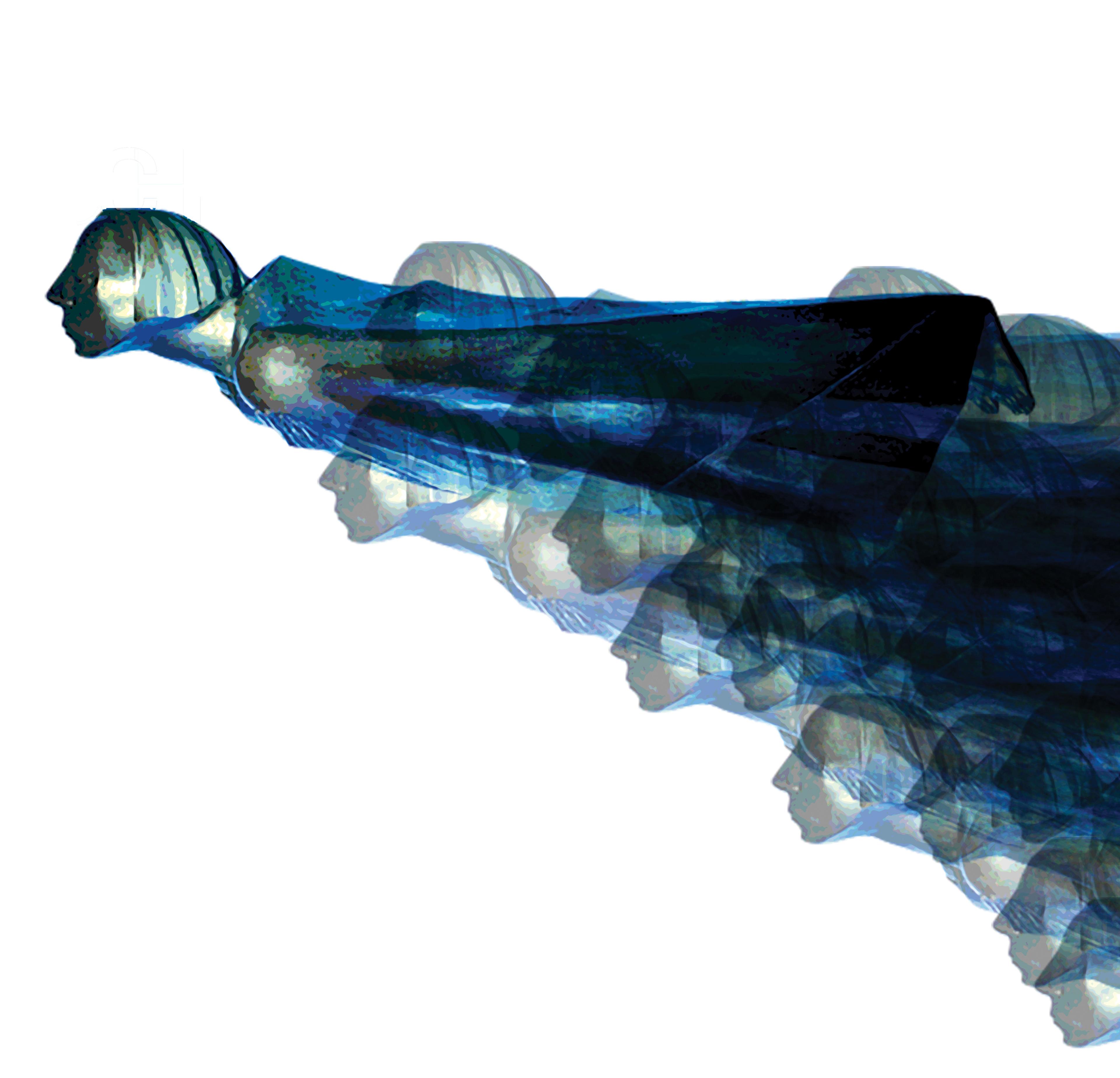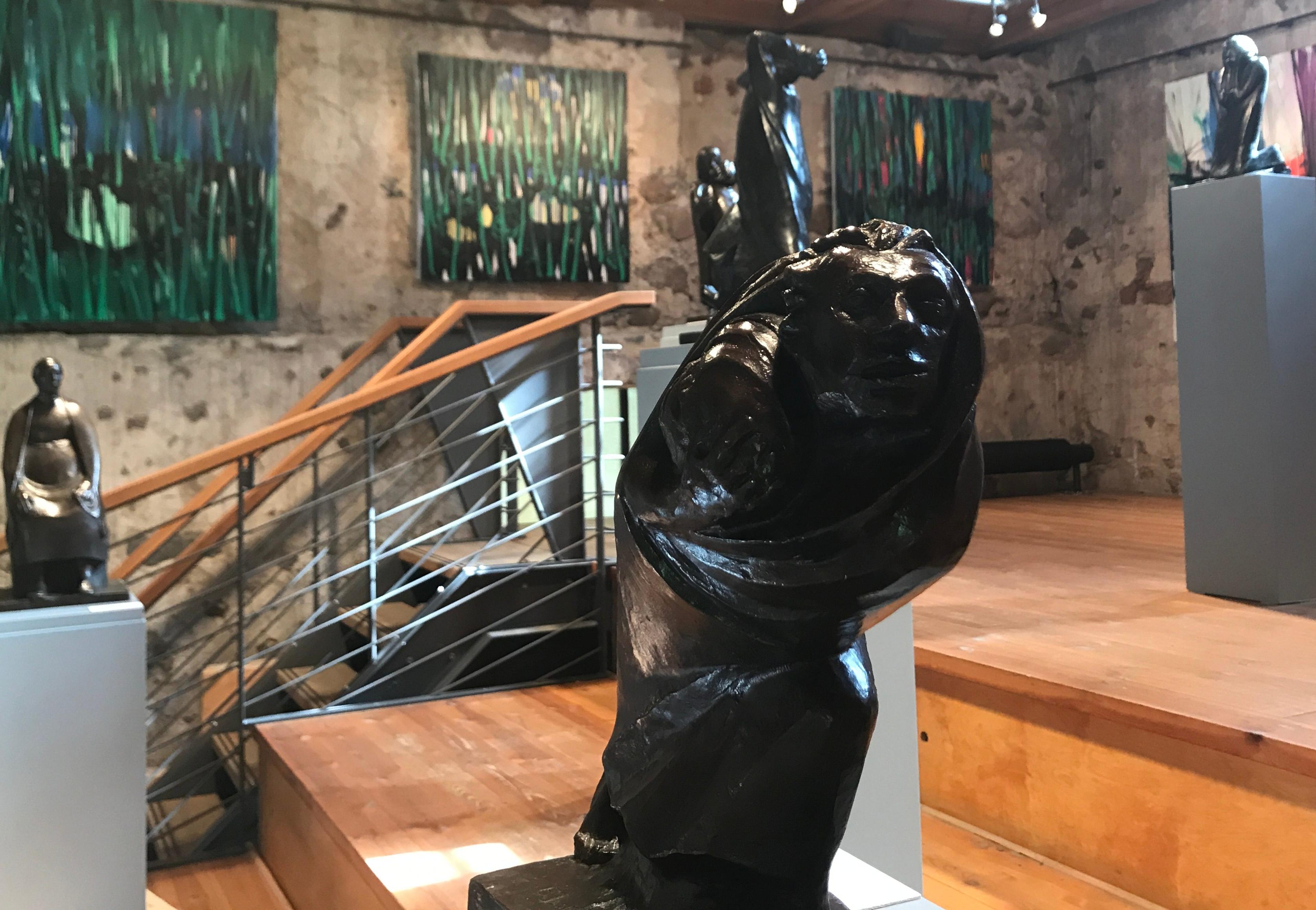
13.05.2018 - 13.01.2019
Hermann Hesse Poet, Painter, Icon
Hermann Hesse is known all over the world and is now one of the most popular authors in German-language of the 20th century.
Barlach Kunstmuseum Wedel
"What is my classic? Hermann Hesse particularly caught my eye when I was studying literature at the age of 18. That's when I read 'Demian', the self-discovery. I read Harry Haller, 'Steppenwolf,' 'Siddartha.' This canonization of the individual, this living according to one's own laws, not joining a marching troop, but this respect for individuality - one's own, and also that of others. This exact getting to know oneself, testing oneself even in extreme situations, that has helped me a lot on my way to my self-discovery" (Udo Lindenberg in Deutschlandfunk 14.07.2015).
Even 55 years after his death, Hermann Hesse remains one of the most popular and best-selling writers in the world. Either rejected or glorified in this country, for Thomas Mann he was the "nearest and dearest" to him among contemporary fellow authors, ever since the "electrifying effect" of "Demian," which he compared to that of Goethe's "Werther." Henry Miller considered Hesse's Indian Buddha legend "Siddhartha" to be "a more effective medicine than the New Testament".
In recent decades, seekers of meaning from all corners of the globe have experienced how exhilarating it can be to read Hesse again today, for he is an author with whom one is never finished. Like no other he brings us back to the intensity of youth. His unmistakable language enchants and captivates because it is wonderfully clear and undisguised. For he always goes all out and does not spare himself in his longing for meaning, love and self-determination. Nothing in his writings is outdated, monotonous or in need of interpretation.
His novels are existential parables, legends, biographies of the soul, adventure journeys to the foundations of the self, affecting every reader in their radical subjectivity. Allen Ginsberg, Neal Cassady, Jack Kerouac and Carlos Santana have read him as a pioneer of the beat poets and emerging artists in dramatic times, then as now. The fact that this poet never conformed to the respective fashionable literary theories is rather a merit. Instead of experimenting with new forms of expression, he was concerned with the accessibility and persuasiveness of content. This did not irritate Franz Kafka, Thomas Mann, Stefan Zweig, Romain Rolland or André Gide in their reverence for Hesse. It is precisely his unfashionable insistence on conscience, spirit, meaning, and the inspiration of life that has such a fresh and provocative alternative effect today.
The documentary "Hermann Hesse answers" on Facebook, among others, illustrates how fruitful this is. "The whole 'meta-being' is missing in this world," writes a Facebook user there, "I hope to be able to free myself just like Harry Haller in the book 'Der Steppenwolf'." Unfortunately, our problems have remained largely the same since Hesse's day: the law of money, the mindless arbitrariness of the culture industry and feuilletonism, the massification and anonymization of life. Still progressive, however, is Hesse's call for stubbornness, for resistance against conformity and heteronomy in the face of conformity in institutions, schools, media, and parliaments. The goals of today's movements such as Greenpeace, Attac and Occupy would be entirely in his spirit, because they throw sand into the gears of unrestrained mercantilism.
With more than 150 million books sold, Hermann Hesse is now known all over the world. Translated into more than 70 languages, he is now one of the most popular German-language authors of the 20th century. Every year, numerous additional Hesse volumes find their readers around the globe. An incomparable history of impact!
